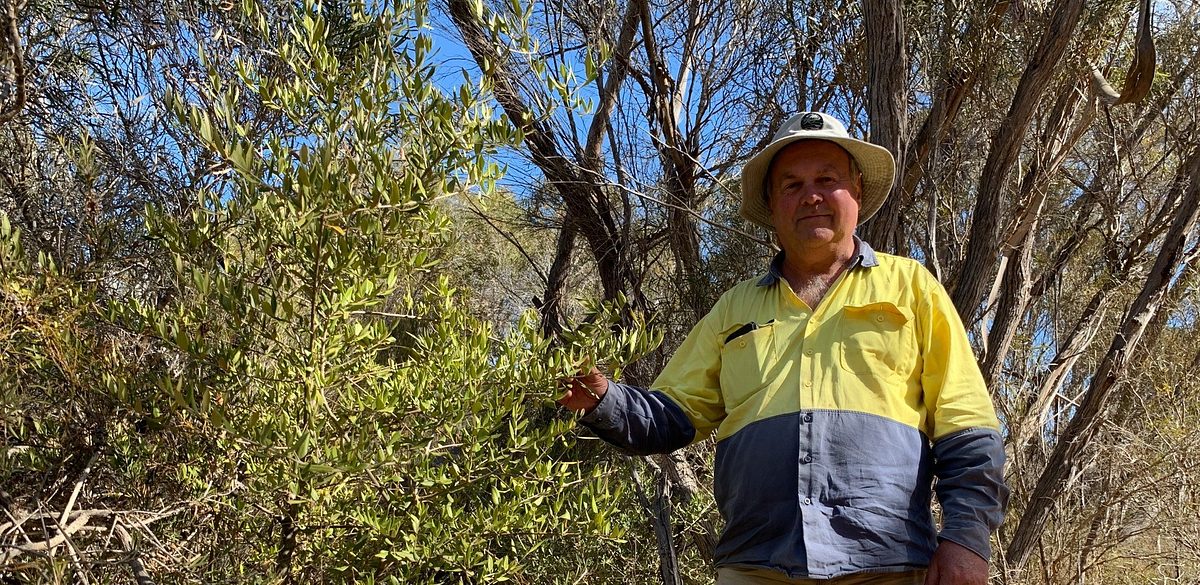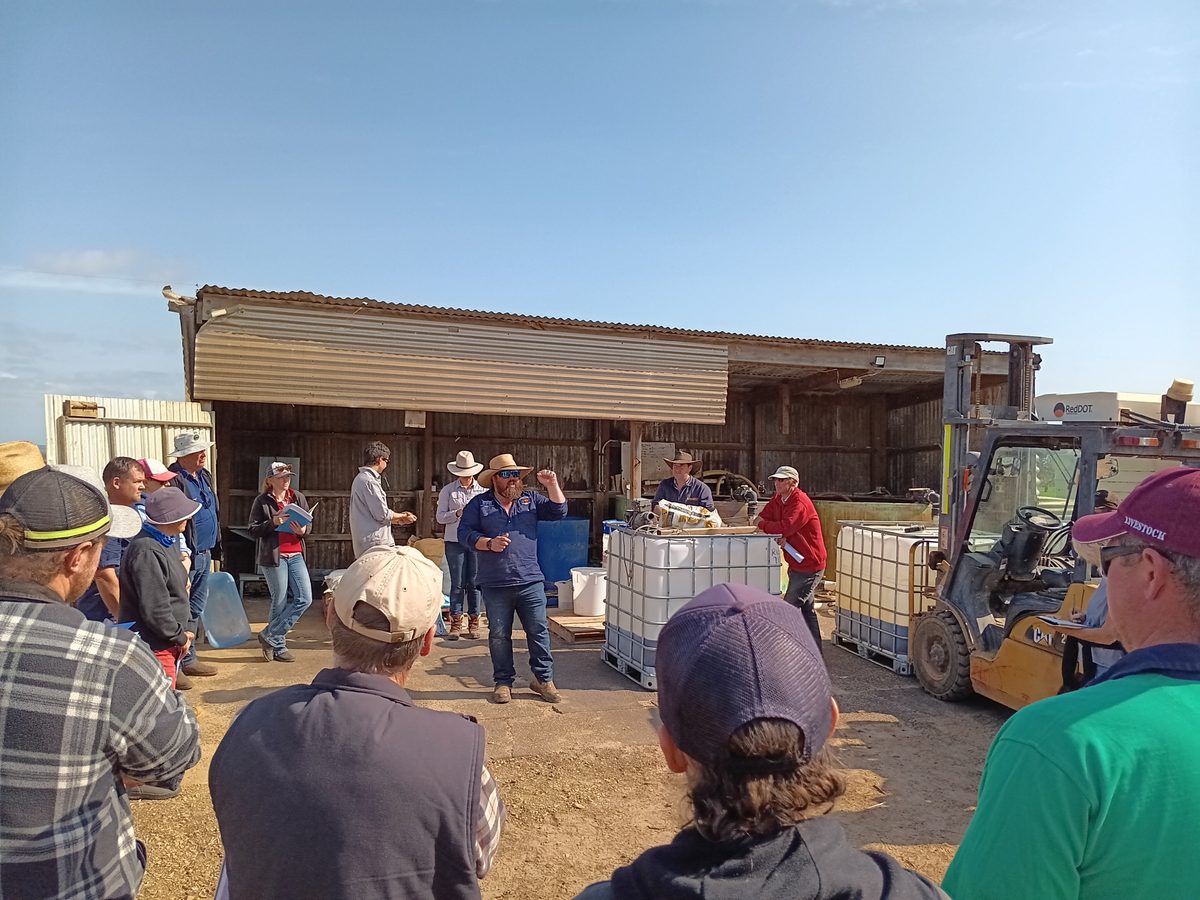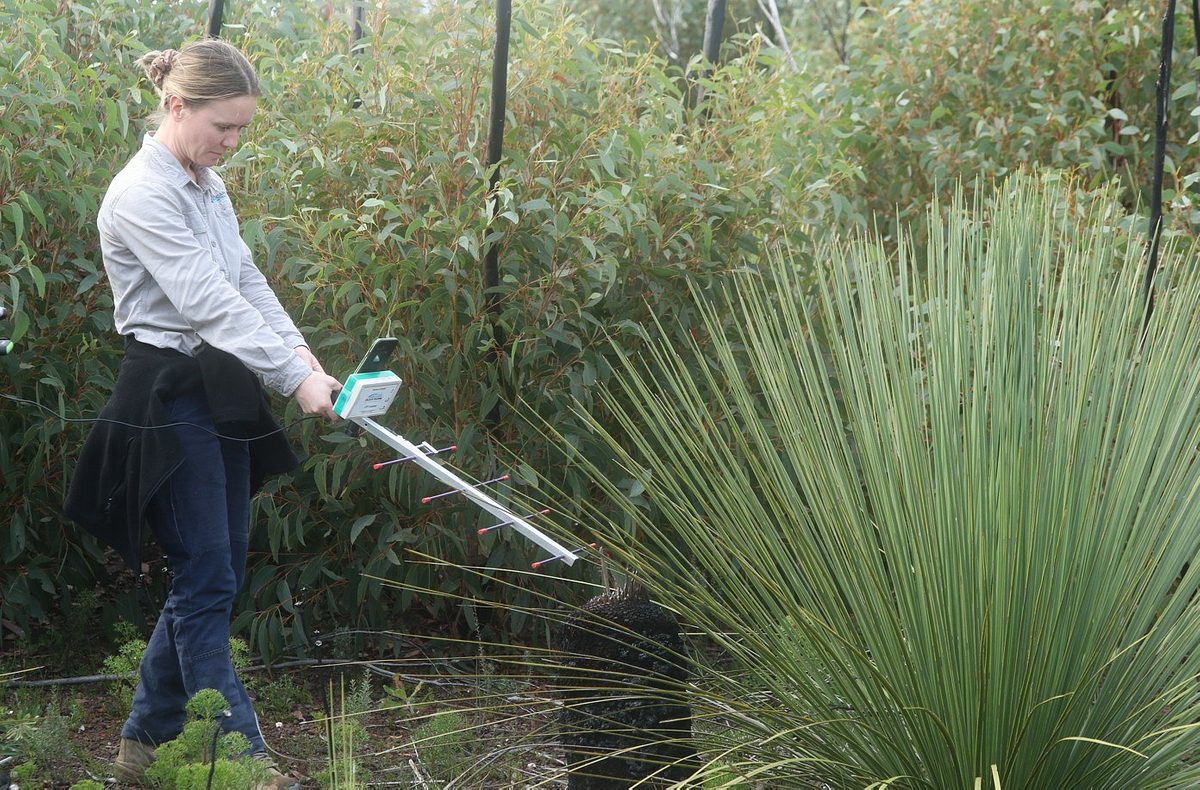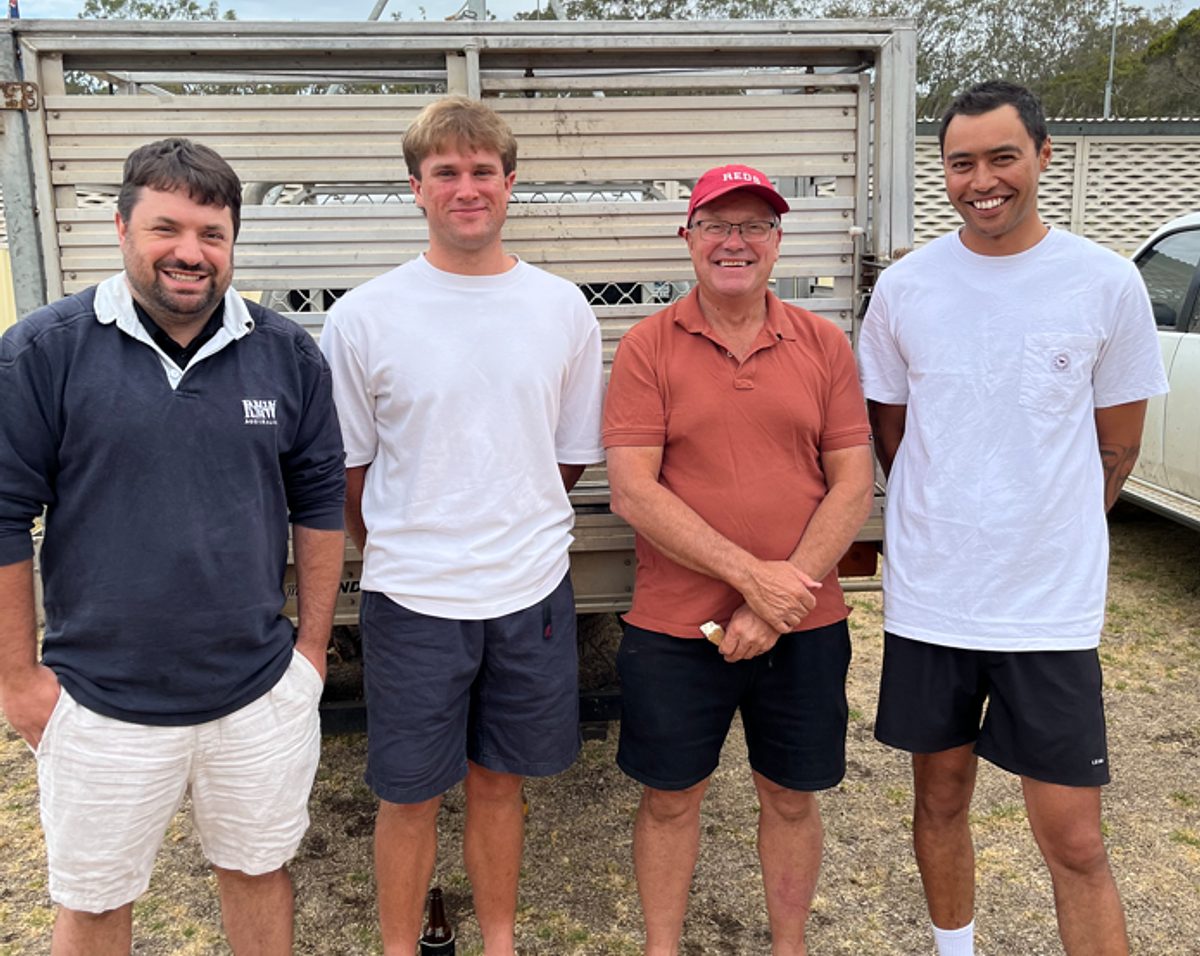Call to control olive wildings on KI
A targeted campaign to control priority weeds throughout the eastern plains of Kangaroo Island, aimed to protect critical habitat for threatened plant species within KI Narrow-leaved Mallee Woodland, has identified olive wildings as a growing concern in the region.

Since July 2024, the KI Landscape Board (KILB) has been undertaking control of priority weeds in roadside vegetation in MacGillvray, Menzies and Haines as part of a project funded through the Landscape Priorities Fund.
The KILB surveyed over 450 kilometres of roadsides as part of the campaign, with over 11,500 individual weeds controlled.
Priority weeds controlled included bridal veil,, Cape Leewin wattle, New Zealand mirror bush and sweet pittosporum. However, a significant focus of the program was the control of wilding olives, accounting for over half of all the weeds controlled.
"A total of 5591 olive wilding’s, have been controlled since July last year," said Kym Lashmar, KILB Narrow-leaved Mallee Woodland Project Officer.
"Olives are a significant pest in native vegetation, as they displace native species resulting in the general degradation of habitat," Mr Lashmar said.
Feral olives are a declared pest plant under the Landscape South Australia Act 2019. Cultivated trees, planted and maintained for use, are not declared.
Landowners should be aware that under the Landscape Act 2019, they are required to control olive wildings on their property preventing them from spreading beyond their boundaries.
Mr Lashmar said that when established olive groves are not well maintained, olives can spread to neighbouring properties and roadsides by birds and animals, where they can displace native species and harbour diseases like sooty mould.
“Wilding olives are difficult and costly to control”
"We encourage landholders to maintain established olive plantings by pruning and harvesting the fruit so that there are less for birds and animals to eat and spread around," Mr Lashmar said.
“Landowners should consider removing abandoned orchids to prevent the spread of olives to the surrounding area”



